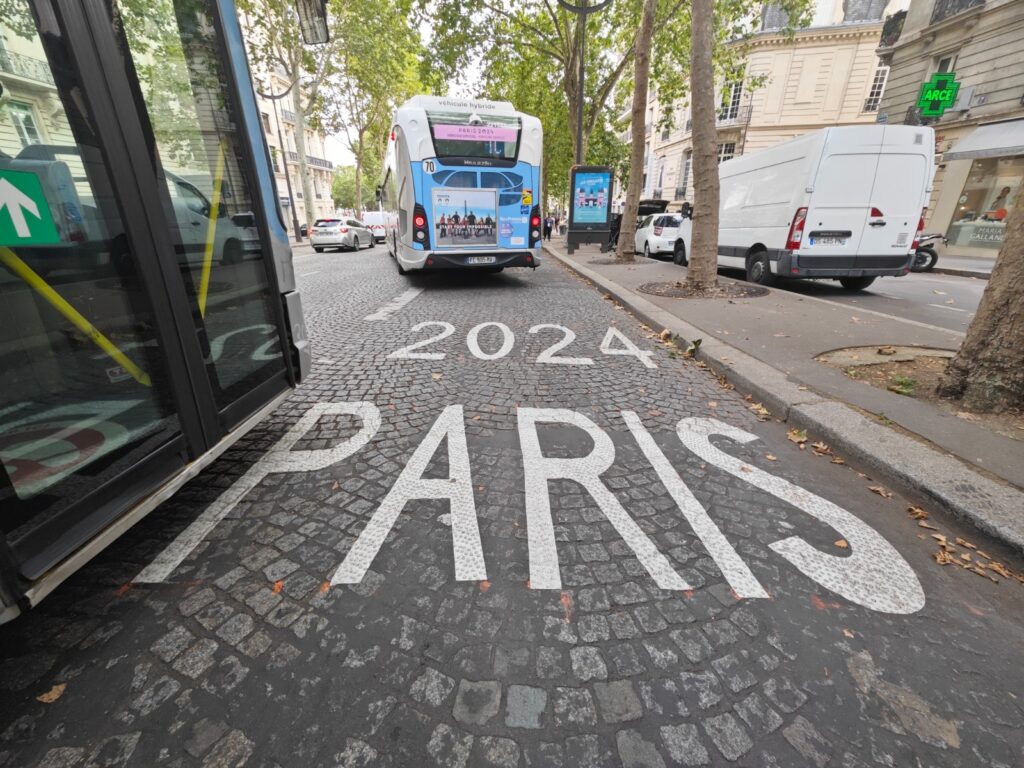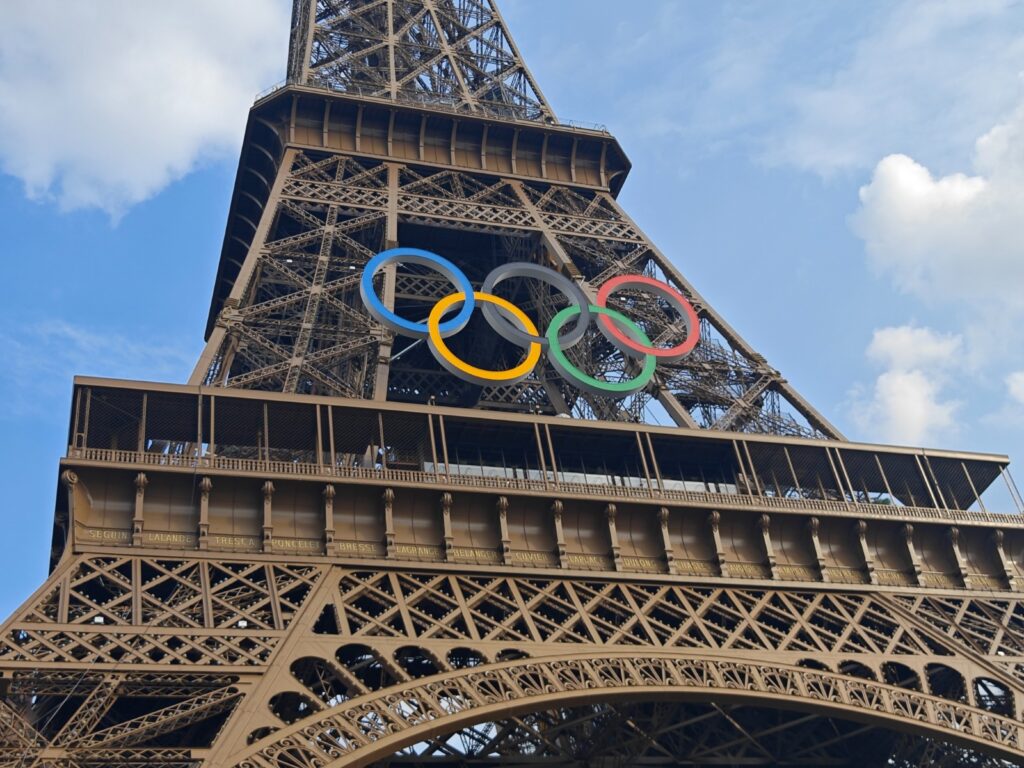
Hosting an Olympic Games is a White Elephant—this everlasting debate has been going on for years. Paris 2024, the first Games under the Olympic Agenda 2020, has managed to defy this long-lasting debate. The Olympic Agenda 2020 and its reforms aim to attain a sustainable Olympic movement that leaves a legacy to be cherished by society and enhances the essence of the Games.
Greece spent over $11 billion hosting the Athens 2004 Games, which had a huge impact on the country’s economy. Many venues and infrastructure created for the Games turned out to be a burden on the country. The huge investments made by Brazil to host the Rio 2016 Games were also met with negative impacts on society. Multiple facilities were left unused and the government faced backlash from the common mass.
The Paris Games were designed accordingly to be 95 per cent sustainable. Most of the facilities used were either pre-existing or temporary, and those created were built with the aim of reusable motives. Of the 1.2 million pieces of sports equipment used, 900 thousand were rented – an impressive 75 per cent. The rest which was purchased is now being donated to federations and associations to be used at different levels of society – grassroots to elite.
“By redefining what more sustainable and responsible Olympic Games can look like, Paris 2024 has set a powerful example for future hosts”, said Marie Sallois, Director of Sustainability at the IOC. “The Games are proving to be a living embodiment of Olympic Agenda’s focus on sustainability, inclusivity and legacy.” [olympics.com]

The French volleyball and badminton associations will receive a significant number of sports equipment to cater to their needs at different levels. The Seine-Saint-Dennis area which was fairly underdeveloped areas in terms of sports will receive new sports facilities with items from the Games.
Even the sand used in the Eiffel Tower Arena, used for beach volleyball events is not going to waste. The sand will be used to make three new courts in the Seine Saint Dennis area and another court is being planned in a similar way near Taverny in Val d’Oise.
The temporary swimming facilities at La Defense Arena and the skateboard tracks are being relocated to build new facilities in areas that require the most. The Games’ governing body is making sure that the legacy reaches the people who require it the most.
There are partnerships with Emmaus, The Red Cross Society and The French Popular Relief, to ensure that the gear used – uniforms, furniture and even the technological equipment, do not go unused.
The French National Olympic and Paralympic Committee along with the Paris City authorities are actively donating to charities. For instance, about 50 thousand pieces of furniture, including 9 thousand mattresses and 11 thousand pillows have been donated to Emmaus, the popular social welfare group operating in over 41 countries.
As the Indian media erupted over the news of India submitting the letter of intent to the IOC to host the 2036 Olympics, it is important that the Ministry of Youth Affairs and Sports (MYAS) also submit a full-proof plan of carbon footprint and sustainability.
Also Read: India needs to quickly spell out which city will play host to the 2036 Olympics



